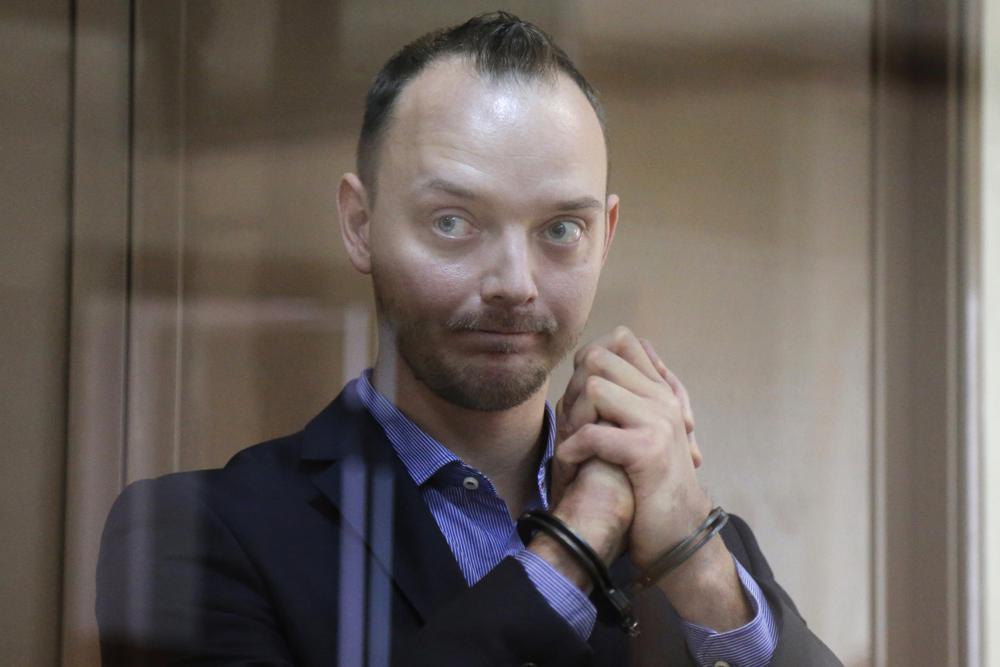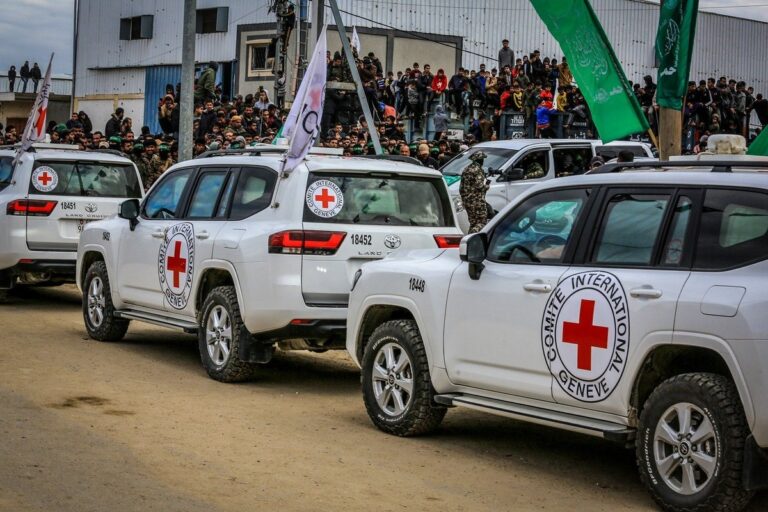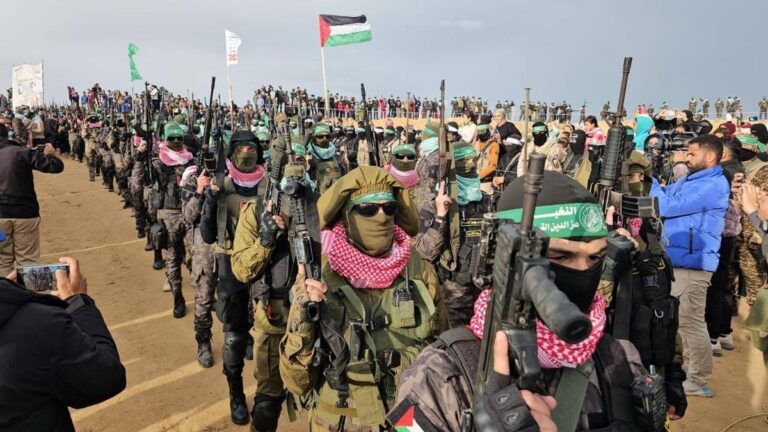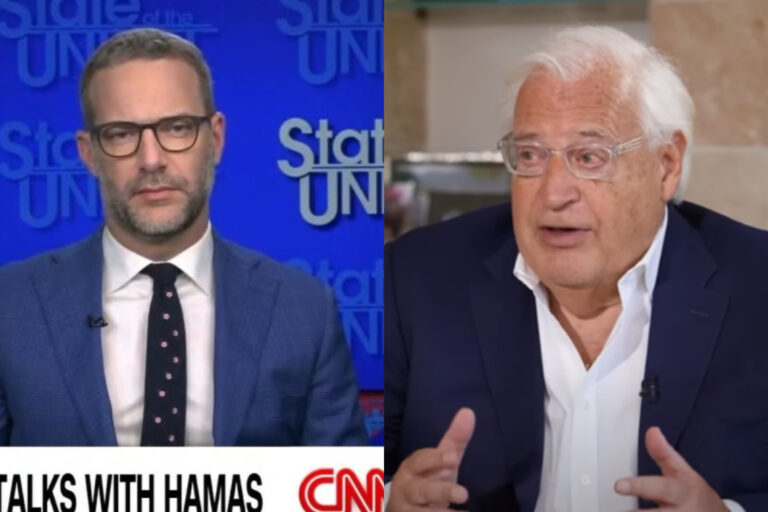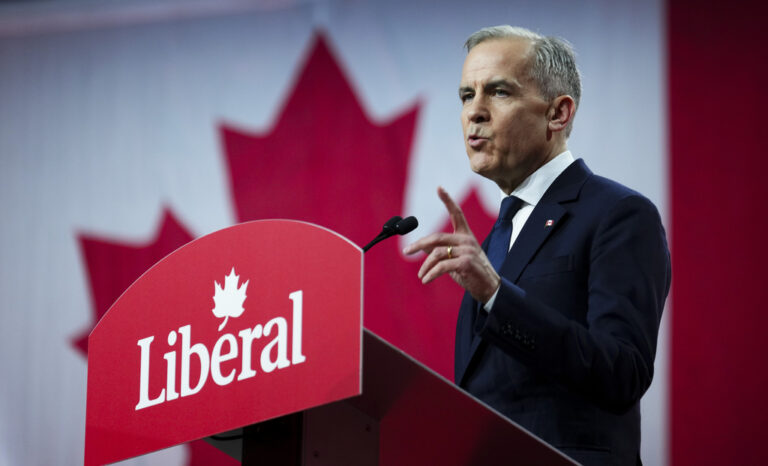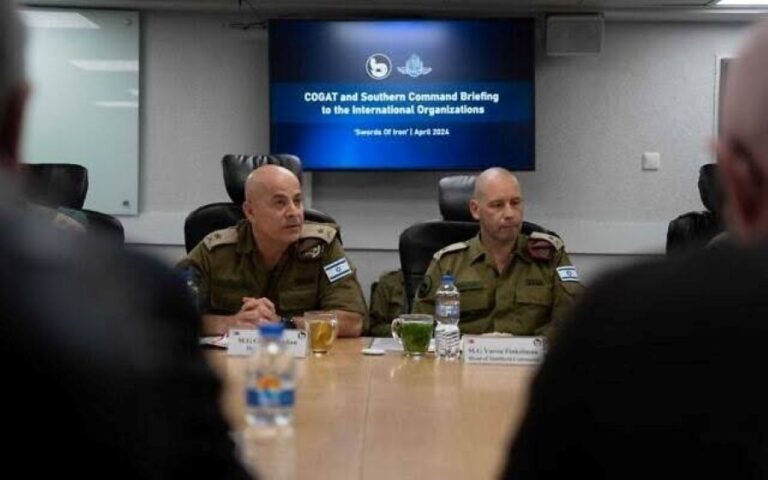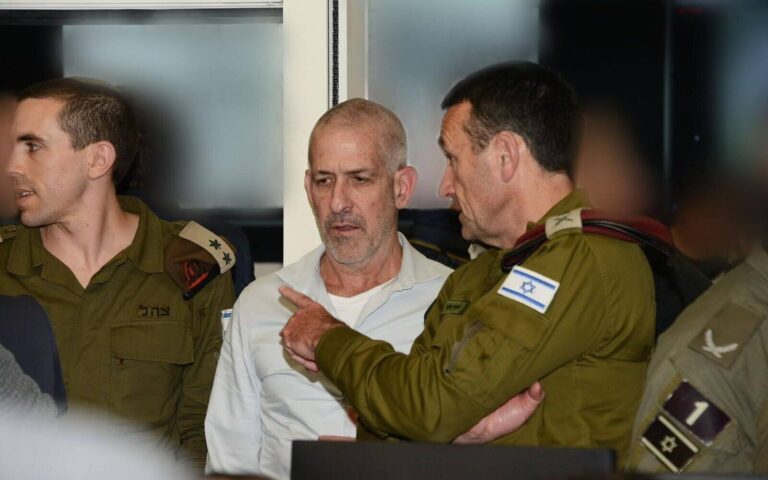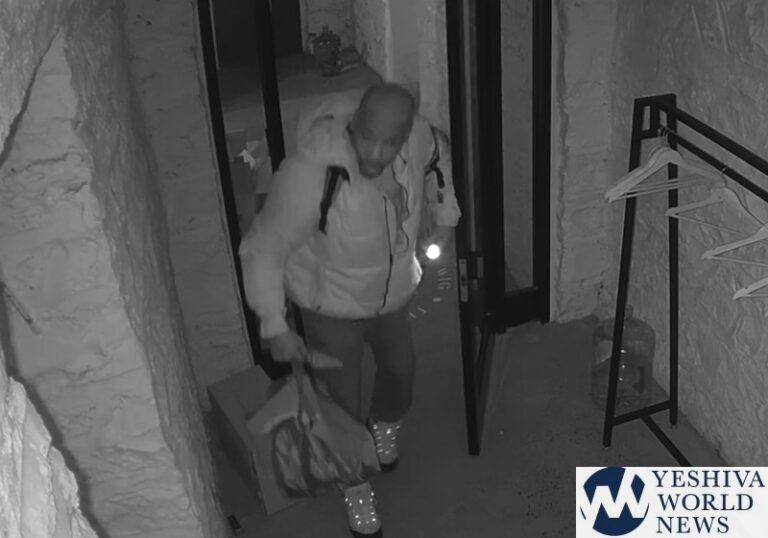A court in Moscow on Monday found a former journalist guilty of treason and sentenced him to 22 years in a maximum security prison, concluding a trial that has been widely seen as politically motivated.
The sentence handed to Ivan Safronov is among the harshest moves against Russian independent journalists and Kremlin critics, who have faced mounting pressure in recent years. Safronov worked as a defense and space reporter for Kommersant newspaper for a decade, before becoming an adviser to the head of the Russian space corporation Roscosmos.
Safronov was accused of passing military secrets to Czech intelligence, and information about the Russian military to a German national. The former journalist insisted on his innocence and argued that he collected all the information from open sources in the course of his work and did nothing illegal.
Many Russian journalists and human rights activists have pushed for Safronov’s release, maintaining that the authorities may have wanted to take revenge for his reporting that exposed Russian military incidents and shady arms deals.
Hours before the ruling was announced by the Moscow City Court, 15 independent Russian media outlets issued a joint statement demanding Safronov’s release. “It is obvious to us that the reason for persecuting Ivan Safronov is not ‘treason,’ which hasn’t been substantiated … but his work as a journalist and stories he published without any regard for what the Defense Ministry or Russian authorities think,” the statement read.
The European Union on Monday also urged Russian authorities to drop all charges against Safronov and “release him without any conditions,” denouncing “systematic repressions of the regime against independent journalism.”
Safronov has been in custody since his July 2020 arrest in Moscow.
Rights activists, journalists, scientists and corporate officials who have faced treason accusations in Russia in recent years have found it difficult to defend themselves because of secrecy surrounding their cases and a lack of public access to information.
Safronov’s father also worked for Kommersant, covering military issues after retiring from the armed forces. In 2007, he died after falling from a window of his apartment building in Moscow.
Investigators concluded that he killed himself, but some Russian media outlets questioned the official version, pointing to his intent to publish a sensitive report about secret arms deliveries to Iran and Syria.
(AP)

